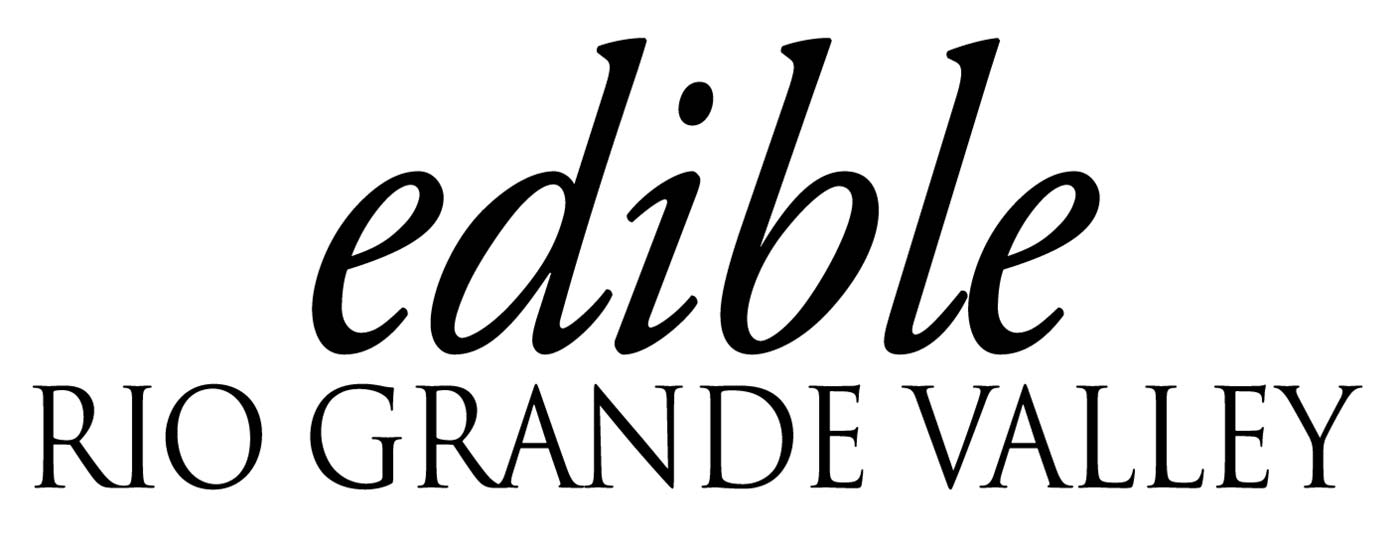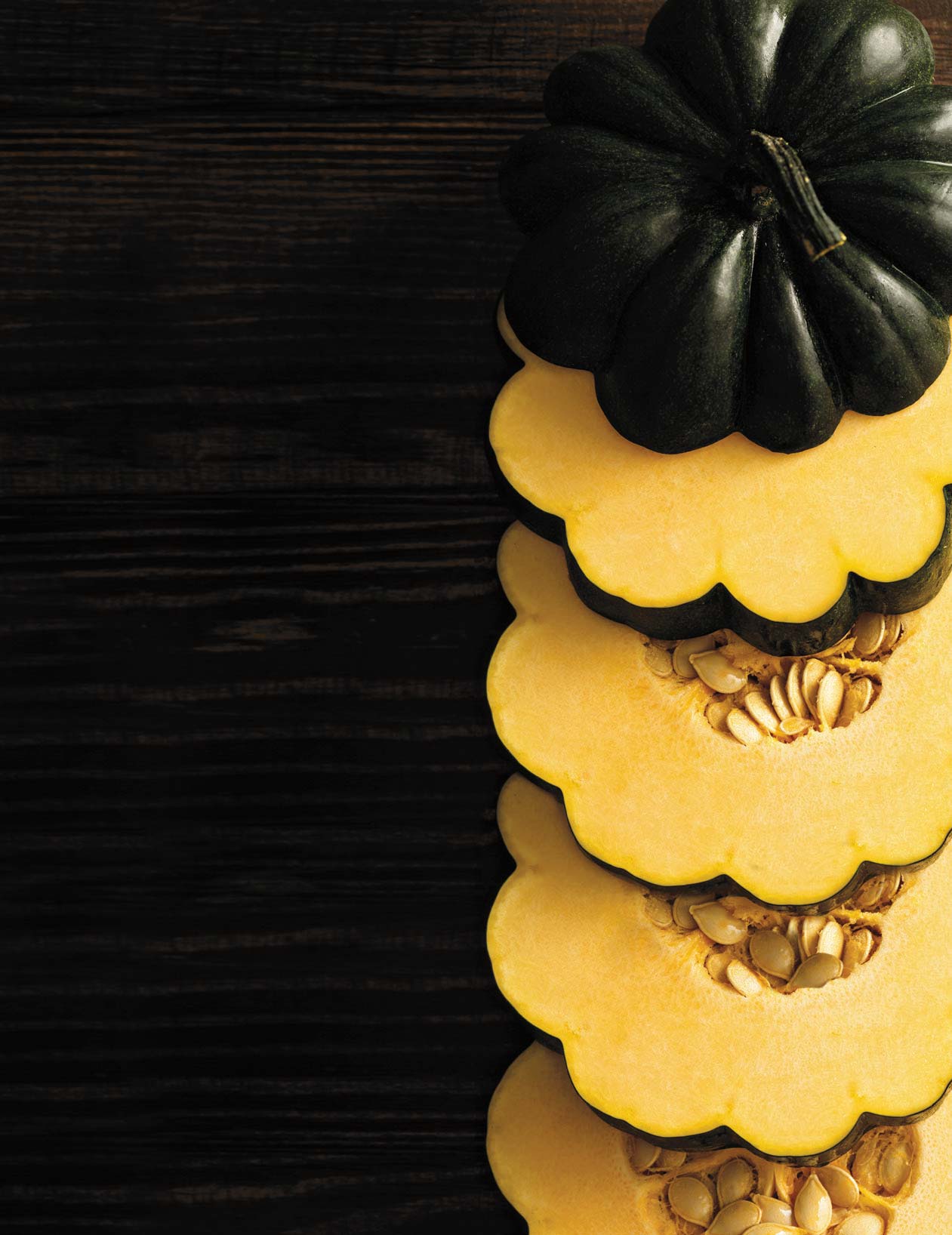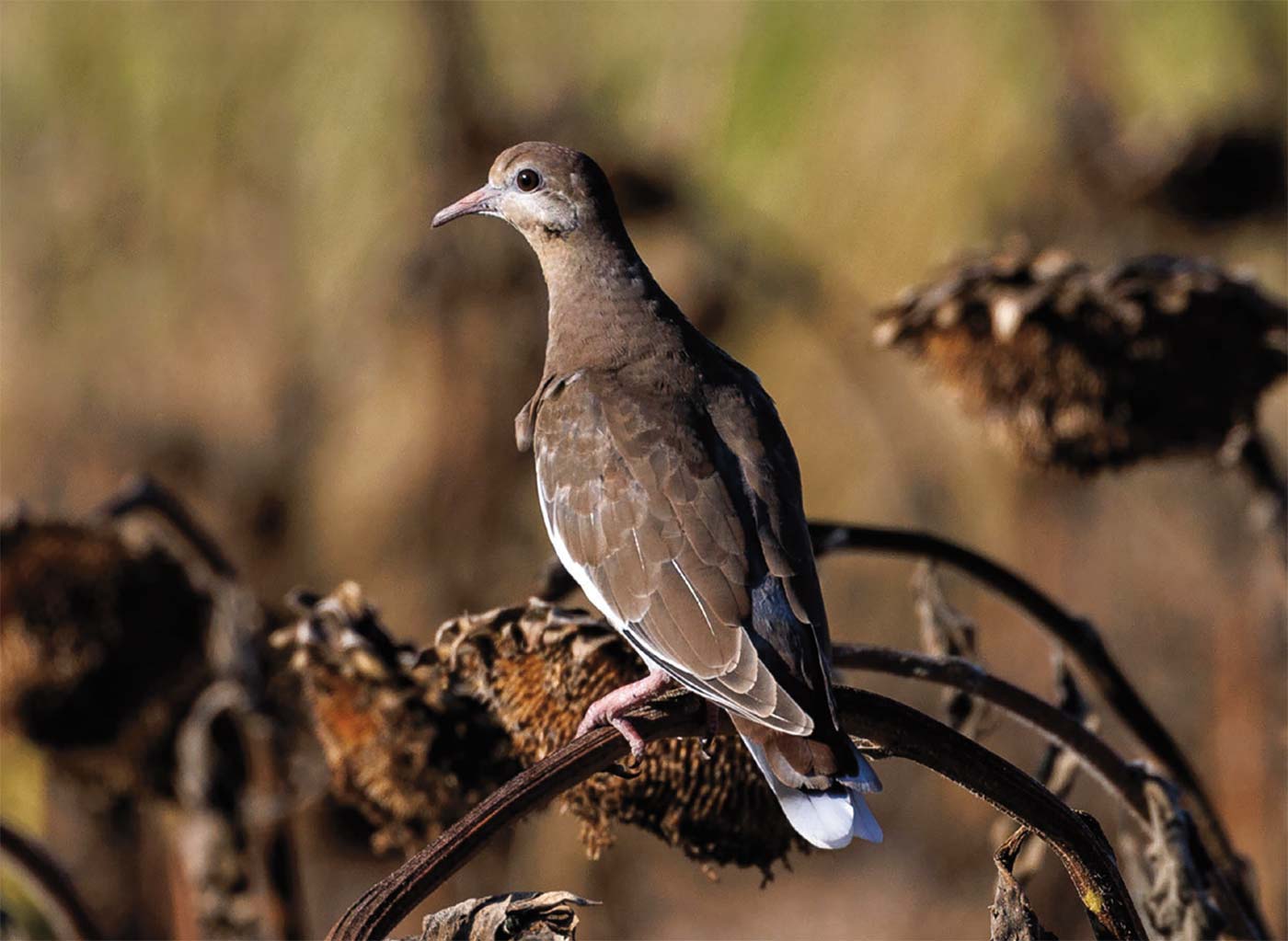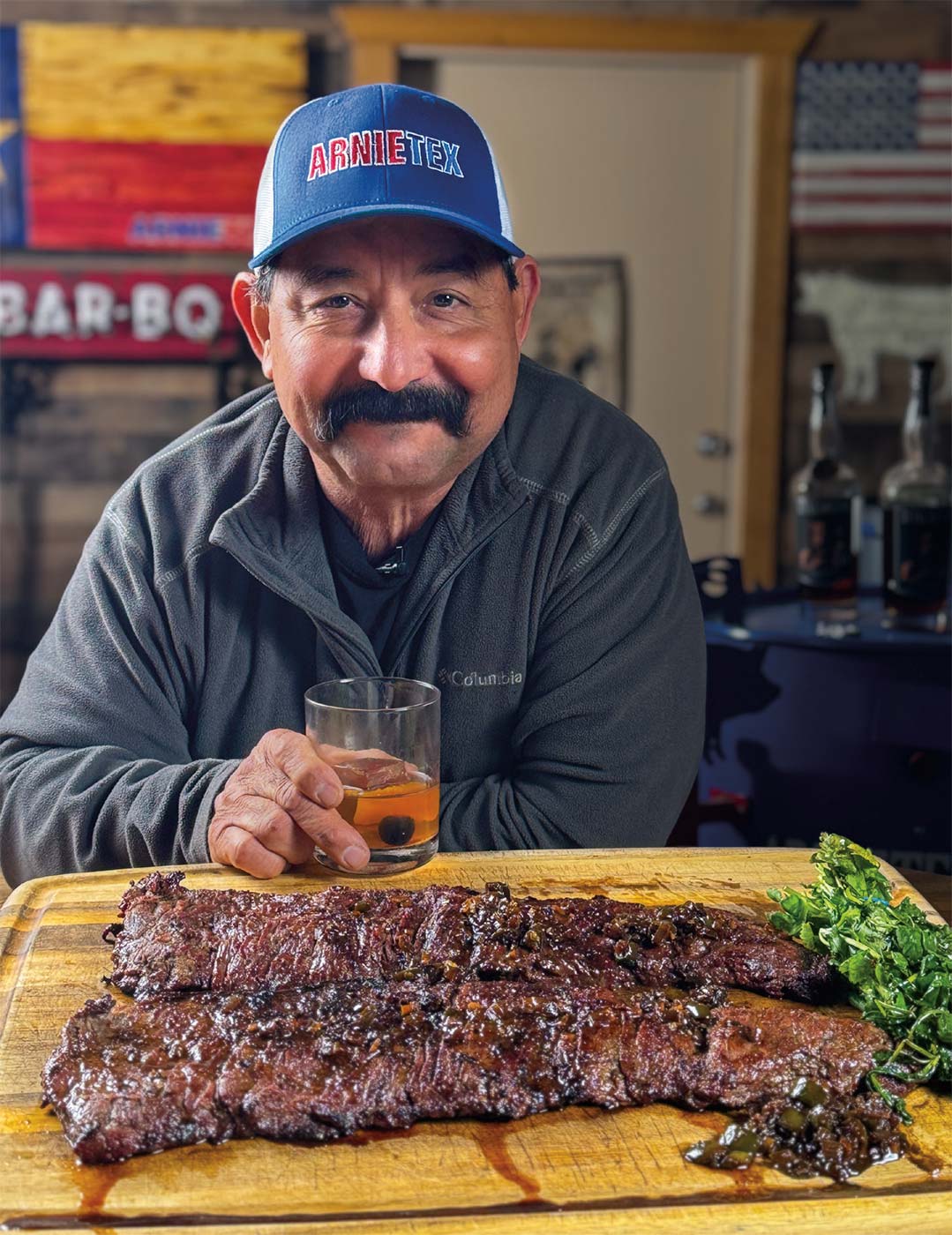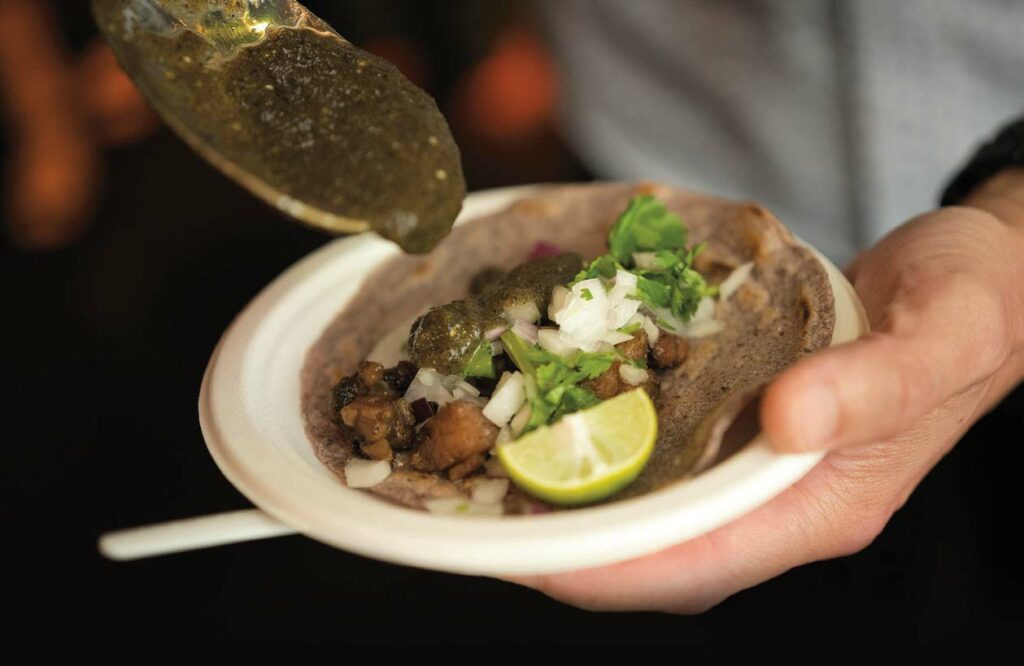
Chefs and Food Scholars Showcase Comida Casera
Mexican American comida casera, home cooking, doesn’t just feed our body, it nourishes our soul. That’s what 10 chefs and four food scholars demonstrated and celebrated at the culinary event, “Encuentro: The Native American Roots of Texas Mexican Food,” held over two days in Houston. I had invited them to cook, tell their unique story and dive into the history and impact of Texas Mexican food over its 10,000-year history. The energy of what happened at Encuentro still resonates in my mind and heart.
The participating Mexican American chefs all have roots in south Texas and northeastern Mexico. They travelled from Dallas, Laredo, McAllen, San Antonio, Austin, Houston, Port Aransas and other cities in the state. Renowned food scholars, experts in the cooking that is unique to the Texas borderlands, joined them. My hope was that the chef-scholar group would come to Encuentro and see their common purpose, common passion, and thus realize more deeply the importance of their work for all of us Texans.
More than 100 people were invited to join Encuentro, to taste the food, listen to the storytelling and ask questions. What resulted was a profound collective experience of Mexican American identity and sense of community. “This event was life changing for me,” says Imelda Alamía, one of the participants who is a Brownsville native but now a Houston resident. She said Encuentro “will assure that our stories, our foods, our beginnings are not erased or disregarded.”
The chefs cooked in three culinary showcases that relayed how our Mexican American community has confronted adversities and prevailed by creating a unique and influential cuisine that always has a story to tell. The showcases encompassed meals fitting three themes: “Nature/ Nurture,” a dinner of south Texas quail, Gulf seafood and tamales made with the omnipresent mesquite pod; “Tradition/Innovation,” a breakfast that featured pecan-amaranth atole, chilaquiles con nopali tos and grape dumplings, a dish from the Caddo community called los Tejas, from which the state gets its name; and “Memory/Identity, “the lunch finale offering three mainstays of our rancho traditions: mollejas asadas, carne guisada and cabrito. Of course, all were served with variations of salsitas sabrosas.
Chef Nadia Casaperalta, who is from McAllen, wowed the participants with a clear dinner soup, consomé de conejo (rabbit), and verdolaga, and shared how her grandmother served her the dish when she was a child.
“I didn’t understand at the time how my grandmother could feed me my pet rabbit, yet the taste was insanely delicious. She had never prepared anything like this before, the Claudette so clear, meat so tender, carrots diced up beautifully,” she said. It was in culinary school that Nadia realized the difficulty and intention of a clarified consommé and brunoise carrots.
“The technique [my grandmother] passed down was not the actual recipe, but her intention to honor the animal if we are to consume it. I try to emulate that lesson in my culinary classes at South Texas College.”
For his specialty dish, Chef Bobby Gonzalez, from Laredo, first coldsmoked then roasted south Texas quail stuffed with his grandmother’s dried fruit stuffing. Accompanying it was a flor de yuca (pita) salad, tossed in a vinaigrette made with chapote, the small plum that is native to the Rio Grande Valley and hard to find elsewhere. Gonzalez put the evening showcase in clear perspective when he proclaimed that “my food tells the story of my family.”
Gonzalez has two restaurants, El Capataz and La Tabernilla. He lived and worked in New York City, cooking at the three Michelin star restaurant, Le Bernardin, but returned to Laredo to focus on his family. Family and tradition are important to him.
“It’s up to each of us to carry on what happened at Encuentro. It is important to show that our Mexican American comida casera does not just provide nutrition for our bodies. Our food also holds the true story of who we really are.”
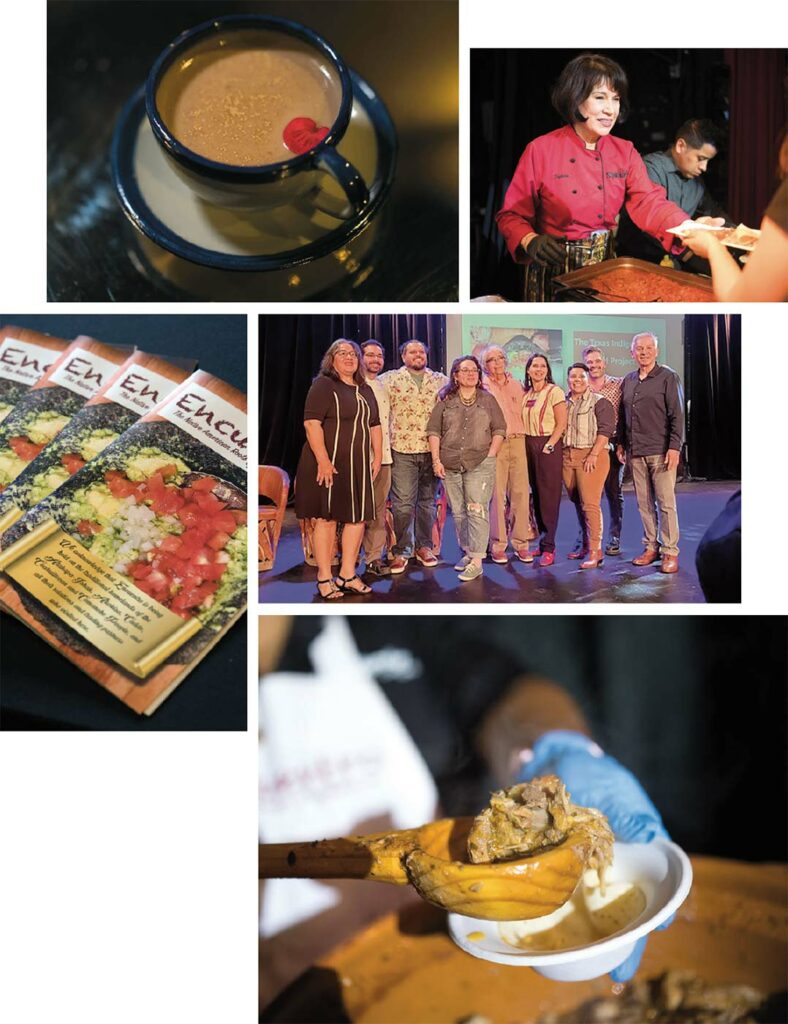
“I want to know more about the first people who were here,” he said, “what they ate, how they cooked.” So alongside his food, he presented an impressive tray of archaeological artifacts that he picked up while walking on his Laredo ranch. They included Native American arrowheads and cutting instruments that our ancestors chiseled from stone.
To emphasize that our food is seasonal and local before those two words were trendy among foodies, Gonzalez explained that in the month of May both yucca flowers and the chapote fruit are not in season. Showing his culinary creativity, he substituted endive for the yucca and used tunas from nopalitos for the sweetness of the chapote.
Chef Sylvia Cásares, a Brownsville native, is now the chef-owner of two Sylvia’s Enchilada Kitchen restaurants in Houston. She flipped hot fresh flour tortillas right on her mother’s actual comal, and handed them to the Encuentro tasters. Casares served carne guisada, the dish that is a favorite tradition of every Mexican American family, along with de rigueur frijoles pintos, arroz casero and wonderful salsa ranchera.
As she presented the iconic dish, Casares told of her struggles in preserving the flavors of the food that belong to “all of our mothers, grandmothers and aunts.” She said that her food is often pegged by food writers as Tex-Mex, but it is so much more because the flavors are different. “I sometimes felt like I was alone, but I know that there are many other chefs who love this food and champion it in their restaurants, keeping our traditions strong,” she added.
Encuentro was a feast for all the senses and the intellect. The four scholars spoke about the archaeology, history, politics and cultural processes that accompanied the evolution of Texas Mexican cooking from its earliest days, thousands of years ago. Dr. Leslie Bush explained the archaeological history of the comida casera that we enjoy today. Her lecture, “The Dawn of Texas Mexican Food,” began with ancestors during the pleistocene, or Ice Age, in Texas.
Dr. Mario Montaño, an Eagle Pass native and foremost food anthropologist, mapped out the history of Spanish expeditions in Laredo and all along the border. “You have to listen to the elders and don’t interrupt them when they are telling their stories about our food,” he said.
I was deeply moved at the richness of our history. Dr. Lilliana Patricia Saldaña explained in detail how, in the intimacy of our families, our mothers and grandmothers, fathers and uncles, passed on delicious culinary treasures to the next generation. Saldaña spoke from personal experience, and like the other scholar presentations, sparked conversations among the chefs and Encuentro participants.
I truly hope that we never forget the storytelling power of our food. At the Encuentro, cooking and storytelling were integral parts of a single experience. The specially cooked dishes were not plucked out of their natural context. They were not served as isolated objects or commodities that you can buy at the grocery store, all wrapped in plastic, arriving from who knows where.
Rather, the cooking was revealed as a cultural act, a family practice that gives meaning to our lives. In the Mexican American experience, cooking and storytelling are inextricably bound together.
It’s up to each of us to carry on what happened at Encuentro. It is important to show that our Mexican American comida casera does not just provide nutrition for our bodies. Our food holds the true story of who we really are.
- To listen to the conversations at Encuentro, visit texasindigenousfood.org/encuentro
